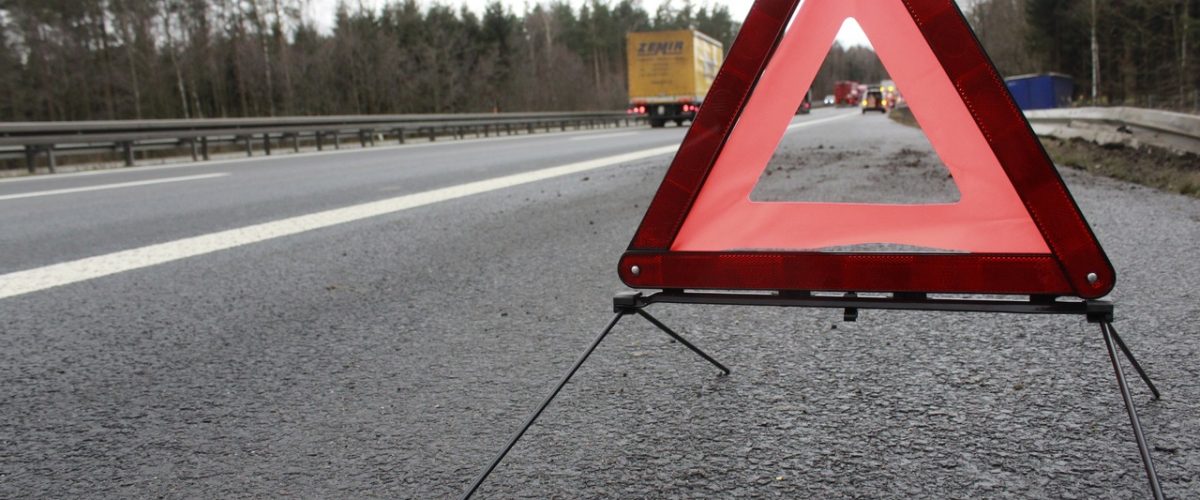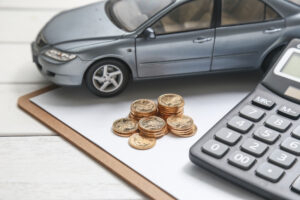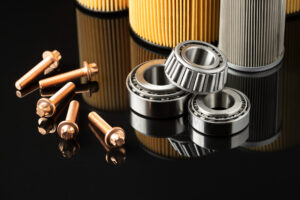A proverb reading, “the squeaky wheel gets oiled,” can be applied to your car maintenance. Paying attention to obvious niggles that occur during daily trips can avoid disappointment and save money.
Dewald Ranft, National Chairman of the Motor Industry Workshop Association (MIWA), a proud association of the Retail Motor Industry Organisation (RMI), points out the importance of timeous car maintenance. “Rather than leaving a small issue to develop into an inconvenient breakdown, always be alert for any tell-tale niggles. Attending to minor maintenance issues pro-actively, can avoid extensive collateral damage to other parts,” he says.
He advises motorists to stay alert for warning signs in some of the most common areas like brakes, tyre care, warning signals, windscreen damage, steering mechanism, oil consumption, radiator, starter motor and fuel economy.
Warning signs to take heed of:
Tyre care: Uneven wear can be an indication of alignment or suspension issues, especially if there is vibration on the steering wheel while cruising on an even surface. Have it checked out urgently to avoid more damage. A sensible practice would also be to rotate the tyres according to the manufacturer’s specifications every time the car has an oil change or regular service.
Brake pads: Although most modern cars have sensors to warn a driver when brake pads are due for replacement, one should take note of other warning signs. When brakes tend to squeak or develop a grinding sound, get this checked out by a professional mechanic as a matter of urgency. In addition to brakes being an essential safety feature for any vehicle, worn brake pads can cause expensive damage to the brake discs. “The more serious and costly result when ignored, would be brake failure at a critical moment,” says Ranft.
Warning signals: Different models have various alert systems, enabling a driver to act swiftly and attend to mechanical or electronic issues. Be knowledgeable about the signals and warning lights by studying the owner’s manual. Any uncertainty about warning signals should be taken up with a professional mechanic.
Steering mechanism: A shaking steering wheel while travelling at reasonable speed needs to be checked out. It might only take a simple adjustment of wheel balancing to fix the problem. Should there be noticeable movement on the steering wheel at very low speed or even when the car is idling, it could be suspension or wheel bearing issues.
Windscreen damage: Depending on the kind of windscreen make, a small crack can grow and cause a safety hazard. Ensure timely replacement of damaged windscreens. Most insurance packages make it quick and easy to resolve.
Leaky radiator: It is important to keep the radiator in tip top condition. Any signs of leakage could be attributed to corrosion. The best medicine would be to replace the unit and avoid any overheating, which could cause major and expensive engine damage.
Starter motor: Any signs of the starter mechanism playing up will need urgent attention. There could be a wide variety of causes that would need to be assessed by a professional. The root of the problem could be with the motor mechanism itself, a number of electrical issues or damage to the solenoid. Because it is all but impossible to predict when the starter motor would finally say its goodbyes, a professional assessment and resolution should be completed sooner than later.
Oil consumption: An oil light grabbing your attention is a no brainer to take action. But a more subtle symptom would be a gradual increase in oil consumption. This could also be accompanied by less perky performance by the vehicle. Get a reputable mechanic to check out the basics by replacing the oil and oil filters. It also pays in the long run to use high quality oil brands.
Ranft concludes that sustained maintenance will ensure that car owners can have peace of mind when taking to the road. Keeping a vehicle in good shape, particularly now, makes good economic sense and ensures safety for the owner and passengers.
Extract from article published by the RMI






